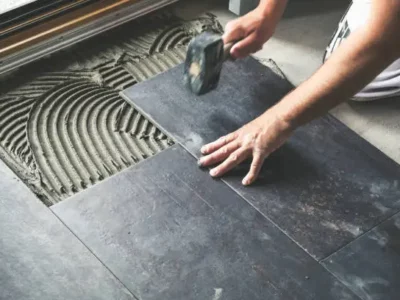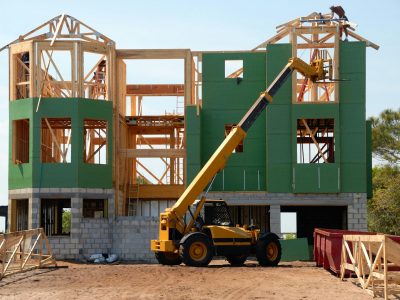Although buying a home is one of the most significant investments you will make in your lifetime, you will not find it difficult to finance your home purchase with reasonable mortgage rates.
Mortgage rates can differ according to various factors. It is also a long-term financial commitment because defaulting on the monthly installments could result in foreclosure of the property. Here are five tips for getting a mortgage at the best rates.
1. High Credit Score
A good credit score increases your credibility as a borrower. It shows that you have made all your monthly payments on time, whether for your insurance or any other purpose. It will determine if you are eligible for a loan and if the score is good enough, your mortgage rate will be lower proportionately.
Credit scores above 760 are usually considered good enough. If the score is lower, your interest rates start climbing. Usually, the lowest score you need to qualify for a loan is around 620.
2. Steady Employment Status
The kind of employment you have and your income will reflect on your repayment capacity. If you are in a high-risk job, or if your job status is not permanent, you might end up with high-interest rates. This is because the creditors want to regain their money as quickly as possible before their job status changes.
Ideally, they prefer candidates who have been successfully employed at least for the past two years. Changing jobs frequently or fluctuations in the income do not go down well with the creditors, especially when the applicant is self-employed. You will have to present detailed documentation of your income. If you can show you have a steady income and a profitable job or business, you are bound to get reasonable rates.
3. Good Debt to Income ratio
The creditors will check whether you have any other loans and mortgages that you are currently paying for. If there are no such liabilities, you can get reasonable mortgage rates since you have better repayment capacity for your mortgage. The DTI ratio is figured by adding up all the monthly payments you have to make, plus the installment for the new mortgage, and then divide it by the gross monthly income.
4. Higher Down Payment
The down payment for your new home will have a direct impact on your mortgage rate. If you tend to make a higher down payment, you will have to borrow less, and likewise, the mortgage rate will also be lower in accordance. Mortgage rates are also based on individual risk factors, and with 20% of the price paid off, for example, you are a low-risk borrower compared to someone who has made a 10% down payment. This will lower your rates considerably.
5. Sizeable Cash Reserves
Your cash reserves would be measured by adding the total number of months of house payments you have managed to save in cash. This will include money in your savings account, your investment, and your other funds. It means that in case of incidents when you have been laid off from your job, or your income has stopped due to some other reason, you still have reserves to pay off the mortgage.
The more reserves you have, the lower will be the risk of non-payment, resulting in better mortgage rates. Hence, make sure you have sizable savings before applying for the mortgage.
With these tips for getting a mortgage, you will have no trouble getting the best rates and securing your home.




















